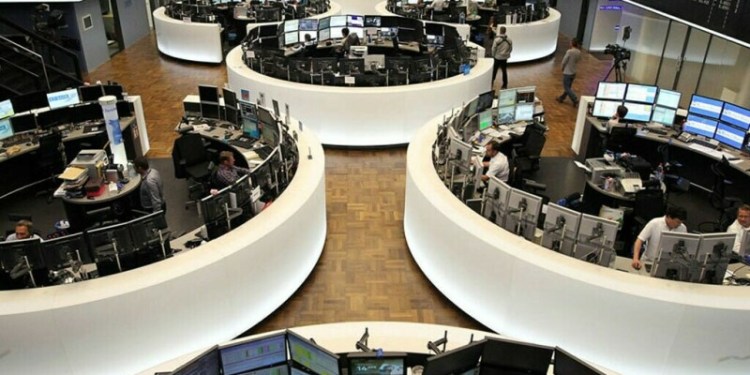By Byron Kaye
SYDNEY (Reuters) – Global airlines on Monday slashed their forecast for industry profits in 2018, citing rising fuel and labor costs, while warning higher interest rates and a host of geopolitical tensions would add to operating risks.
The International Air Transport Association (IATA), which represents about 280 carriers, said the airline industry is expected to post a $33.8 billion profit this year, 12 percent below a previous forecast of $38.4 billion.
Passenger yields, a proxy for air fares, are expected to rise by 3.2 percent this year, in the first annual gain since 2011, driven by growth in demand helped by a stronger economy but overshadowed by growing risks of protectionism, IATA said.
Airlines earned a record $38 billion in 2017, but comparisons to that figure are distorted by special accounting items such as one-off tax credits that boosted annual profits, the industry group said.
“Solid profitability is holding up in 2018 despite rising costs,” IATA Director General Alexandre de Juniac said. “The industry’s financial foundations are strong with a nine-year run in the black that began in 2010.”
The oil price is expected to average $70 a barrel this year, up from $54.90 a barrel last year and its previous expectation of $60 a barrel, IATA said.
Airline profits would be enough to cover the industry’s high cost of capital for a fourth year, helping to attract investment for new fleets and infrastructure. But IATA warned that airlines were still operating on a knife-edge compared to many industries.
De Juniac said this year’s forecast profit represented 4.1 percent of sales of about $750 billion.
“Four percent is not a big number. It is still a fragile industry. Our capacity to resist big shocks is limited,” he told Reuters.
POLITICAL CHALLENGES
De Juniac warned against the effects of “political forces pushing a protectionist agenda”, without specifying which political forces he was most concerned about.
The United States and China have threatened tit-for-tat tariffs on goods worth up to $150 billion each, while some European countries have expressed anger over new U.S. tariffs of 25 percent on steel and 10 percent on aluminum.
“The world is better off when borders are open to people and trade,” de Juniac said. “Our hard work as an industry has primed aviation to be an even stronger catalyst for an ever more inclusive globalization.”
The decision by U.S. President Donald Trump to withdraw from the Iran nuclear deal, lack of clarity about Britain’s exit from the European Union and geopolitical conflicts presented other risks for aviation in the year ahead, de Juniac added.
IATA called for governments to ramp up infrastructure spending to meet growing demand for flights, but added that airport privatization had so far proven ineffective.
“With cash-strapped finances, many are looking to the private sector for solutions (but) expecting privatization to be the major solution is the wrong assumption,” de Juniac said.
“As customers of many airports in private hands, airlines have far too many bitter experiences. Travelers also sense the problem.”
Source: Investing.com



























